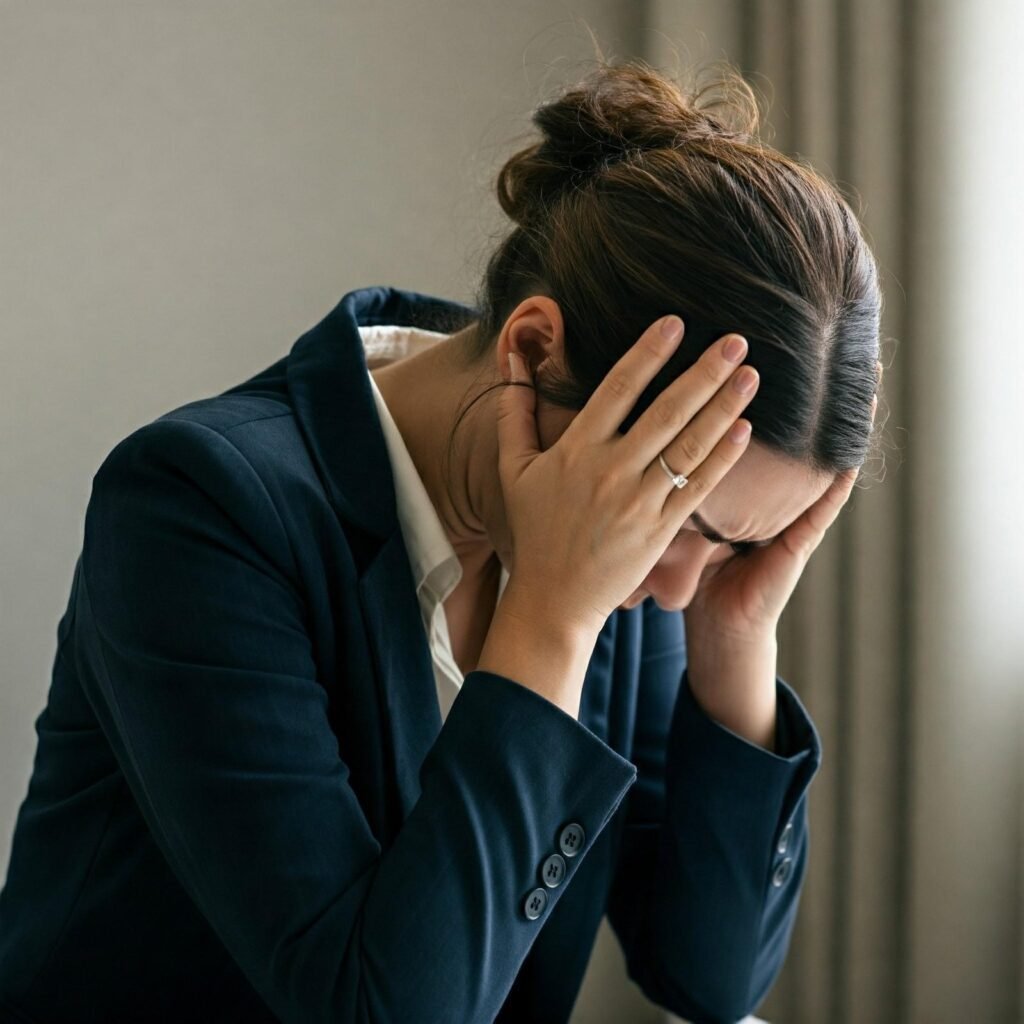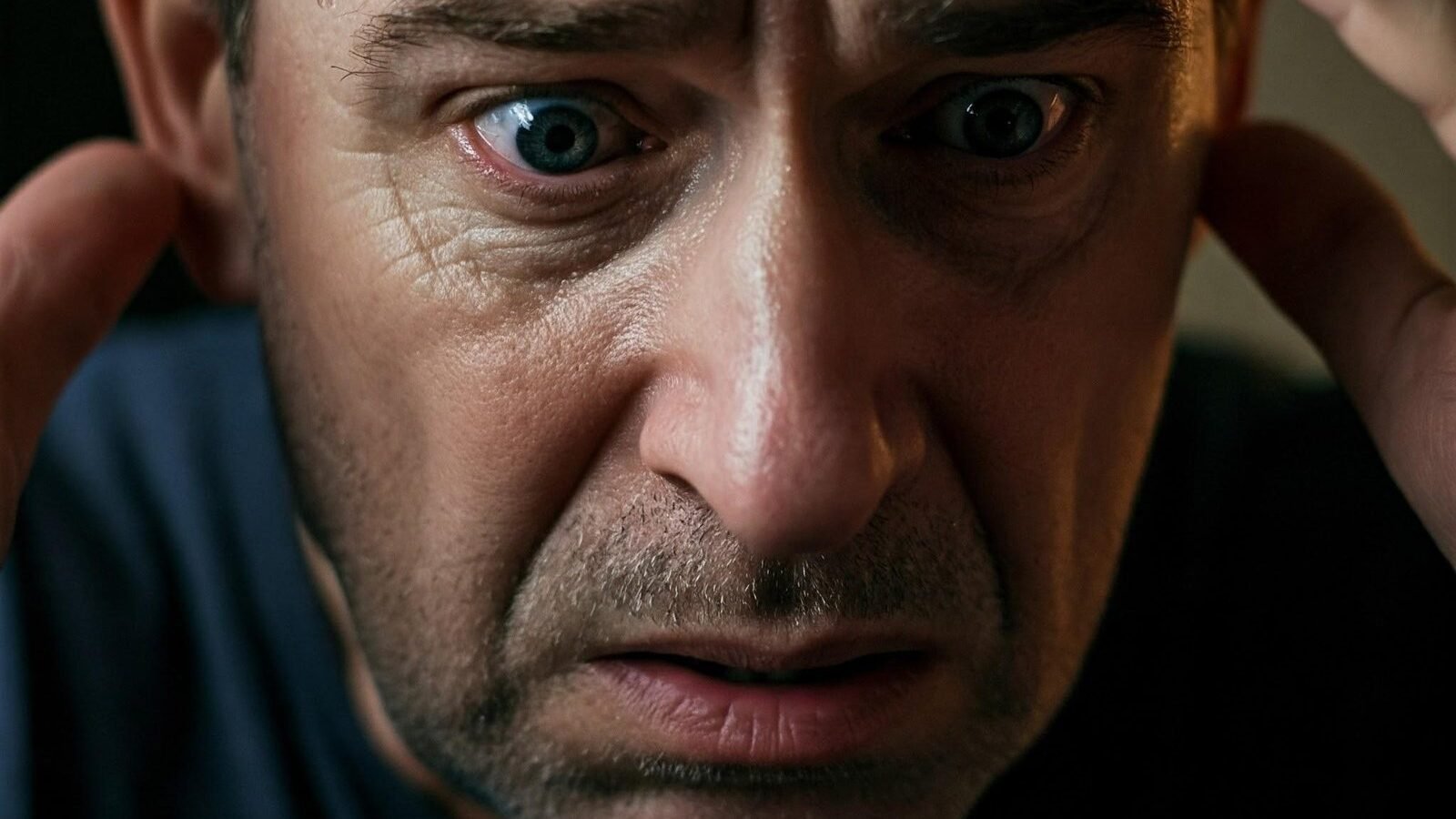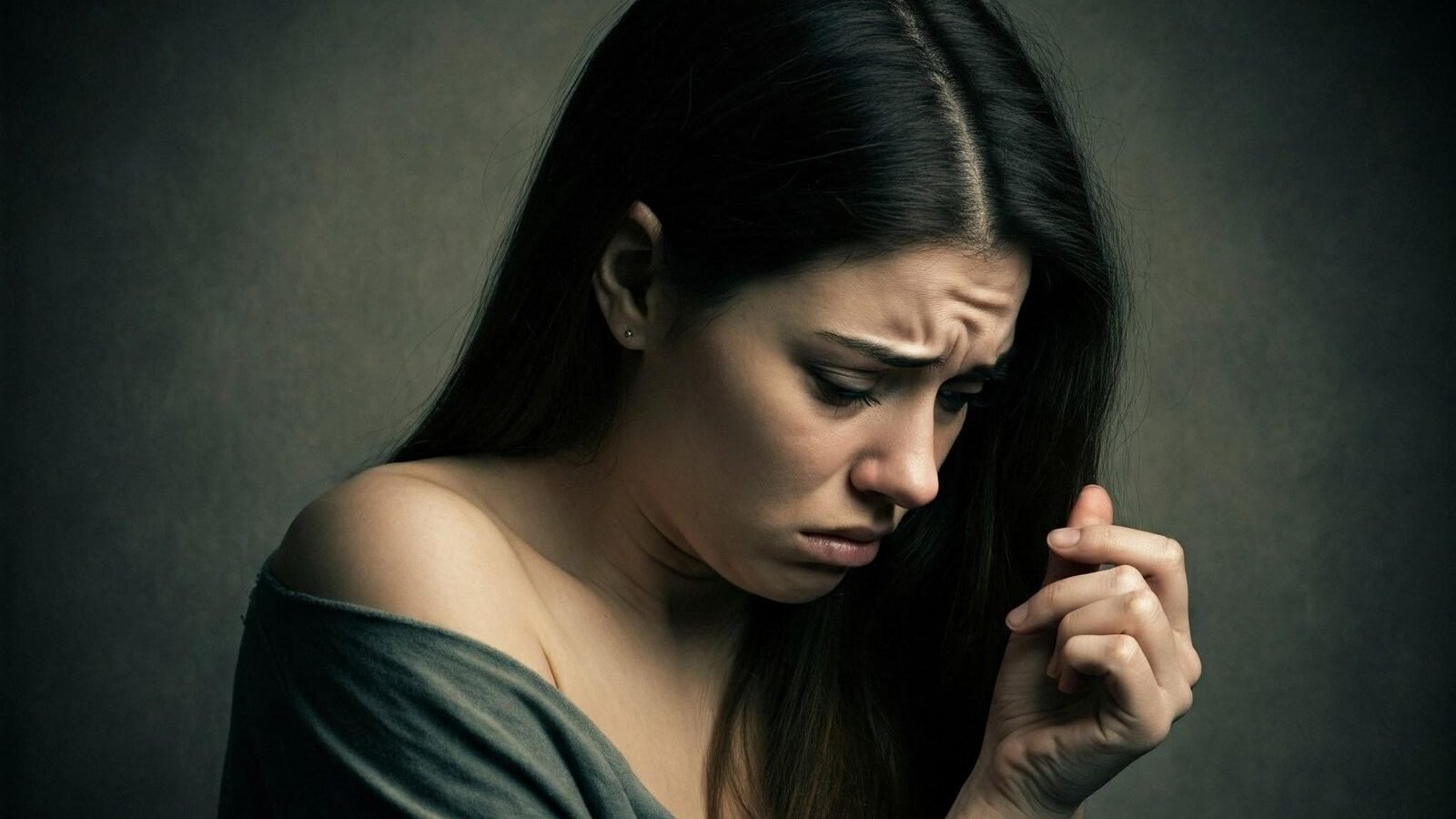Anxiety and depression are two of the most common mental health conditions in the United States. According to the Anxiety and Depression Association of America1 (ADAA), anxiety disorders affect 40 million adults in the United States age 18 and older, or 18.1% of the population every year.2 Major depressive disorder (MDD) is one of the most common mental disorders in the U.S. MDD affects more than 16.1 million American adults, or about 6.7% of the U.S. population age 18 and older in a given year.
While3 anxiety and depression are distinct conditions, they often occur together. In fact, the ADAA estimates that nearly one-half of those diagnosed with depression are also diagnosed with an anxiety disorder.
This co-occurrence is not surprising, as anxiety and depression share many of the same symptoms, such as difficulty concentrating, irritability, and sleep problems. Additionally, both conditions can be triggered by similar life events, such as job loss, relationship problems, or financial difficulties.

What is Anxiety?
Anxiety is a natural emotion that everyone experiences from time to time. However, when anxiety becomes excessive or persistent, it can interfere with daily life. Anxiety disorders are the most common type of mental illness in the United States, affecting an estimated 40 million adults.
There are several different types of anxiety disorders, including generalized anxiety disorder (GAD), social anxiety disorder4 (SAD), and panic disorder. GAD is characterized by excessive worry about a number of different things, such as work, school, or health. SAD is characterized by a fear of social situations in which the person may be judged or evaluated by others. Panic disorder is characterized by recurrent panic attacks, which are sudden episodes of intense fear or discomfort.
What is Depression?
Depression is a mood disorder that causes a persistent feeling of sadness and loss of interest. It is different5 from the normal mood fluctuations that everyone experiences from time to time. Depression can affect how you feel, think and behave, and it can lead to a variety of emotional and physical problems. You may have trouble doing normal day-to-day activities, and6 sometimes you may feel as if life isn’t worth living.7
There are several different types of depression, including major depressive disorder (MDD), persistent depressive disorder (PDD), and bipolar disorder.8 MDD is characterized by a depressed mood or loss of interest or pleasure in activities for at least two weeks. PDD is a chronic form of depression that lasts for at least two years. Bipolar disorder is a mood disorder that causes periods of both depression and mania, which is an elevated or irritable mood.
The Connection Between Anxiety and Depression
As mentioned earlier, anxiety and depression often occur together. This is because the two conditions share many of the same symptoms and risk factors. For example, both anxiety and depression can be caused by stressful life events, such as job loss, relationship problems, or financial difficulties. Additionally, both conditions can be exacerbated by negative thinking patterns, such as catastrophizing or personalizing.
It is important to note that anxiety and depression are not always caused by the same thing. For example, some people may develop anxiety as a result of a traumatic experience, while others may develop depression as a result of a chemical imbalance in the brain.

Symptoms of Anxiety and Depression
The symptoms of anxiety and depression can vary from person to person. However, some common symptoms include:
- Emotional symptoms: sadness, irritability, worry, fear, hopelessness, loss of interest in activities, feeling overwhelmed, difficulty concentrating, feeling restless or on edge
- Physical symptoms: fatigue, difficulty sleeping, changes in appetite, headaches, stomachaches, muscle tension
- Behavioral symptoms: avoiding social situations, neglecting responsibilities, using drugs or alcohol to cope, self-harm
If you are experiencing any of these symptoms, it is important to seek professional help. There are effective treatments available for both anxiety and depression.
Treatments for Anxiety and Depression
There are a number of effective treatments available for anxiety and depression. The most common treatments are psychotherapy and medication.
- Psychotherapy: Psychotherapy, also known as talk therapy, is a type of treatment that involves talking to a mental health professional. Psychotherapy can help you understand and manage your anxiety and depression.
- Medication: Medication can also be effective in treating anxiety and depression. There are a number of different types of medications available, and your doctor can help you find the one that is right for you.
In some cases, a combination of psychotherapy and medication may be the most effective treatment approach.

Coping With Anxiety and Depression
In addition to professional treatment, there are a number of things you can do to cope with anxiety and depression. These include:
- Lifestyle changes: Making healthy lifestyle changes, such as eating a healthy diet, getting regular exercise, and getting enough sleep, can help to improve your mood and reduce anxiety.
- Stress management techniques: Learning and practicing stress management techniques, such as yoga, meditation, or deep breathing, can help to reduce anxiety and improve your mood.
- Support groups: Joining a support group can provide you with a sense of community and support.
- Self-help strategies: There are a number of self-help strategies that you can use to manage your anxiety and depression. These include journaling, reading self-help books, and using relaxation techniques.
If you are struggling with anxiety or depression, it is important to remember that you are not alone. There are many people who understand what you are going through and who can offer you support. With treatment and coping strategies, you can feel better and live a full and happy life.
Finding Help
If you are concerned that you may have anxiety or depression, the first step is to talk to your doctor. Your doctor can rule out any underlying medical conditions that may be causing your symptoms. They can also refer you to a mental health professional for further evaluation and treatment.
There are a number of resources available to help you find a mental health professional. You can contact your insurance company, your local mental health association, or the National Alliance on Mental Illness (NAMI).
Remember, you are not alone. There are many people who understand what you are going through and who can offer you support. With treatment and coping strategies, you can feel better and live a full and happy life.
Additional Resources
- National Institute of Mental Health
- Anxiety and Depression Association of America
- National Alliance on Mental Illness
Please note: This information is intended for education purposes. Seek professional medical advice. Always seek the advice of your doctor or other qualified health professional with any questions you may have regarding your health.

[…] It provides a temporary distraction from our thoughts and responsibilities. Similarly, stress and anxiety can also lead to increased scrolling. We might turn to social media as a way to avoid dealing with […]